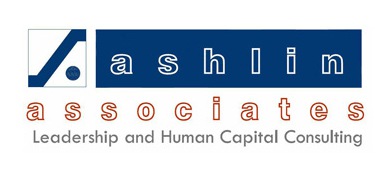There are occasions when individuals fall short of expectations. Maybe it’s a direct report who does not execute clearly established objectives. Maybe it’s a co-worker who disregards deadlines. Maybe it’s a teammate who pursues his or her own goals, rather than agreed-upon team goals.
How do you respond to these situations? And more important, as a leader, how should you respond to these situations?
I see many leaders and professionals struggle in these circumstances, sometimes because they’re unsure of how to respond. Many overreact. They may rant and yell, which leads to a fearful workplace where leaders are held in low regard. Others underreact. Out of misplaced deference to the offenders, these leaders shrug their shoulders, hoping for the best, thinking “I don’t want to hurt anyone’s feelings,” or, “Surely they’ll figure out what they’re supposed to do.”
Feedback
Other leaders are quick to grasp the importance of providing feedback. They intuitively understand that they must provide honest, timely and actionable remarks when people fall short. Indeed, many of them excel at delivering feedback — making in-the-moment observations, telling others exactly how they are doing (well or badly), and pointing out what they should be doing.
However, while delivering such feedback is essential, feedback is not enough. Leaders who don’t take the next step, holding individuals accountable, are still left wondering why others are not doing what they are supposed to do.
Consequences
Accountability is a process with steps that cannot be skipped.
Without the communication and execution of consequences, individuals and teams will never live up to expectations. Your “word” requires follow through. Without it, your feedback will be empty, and your efforts to shape behavior will fail.
It is one of the most basic human traits to be motivated by consequences. People will go to the ends of the earth for positive and wonderful consequences, such as public praise, promotions, pay increases, an afternoon off, or even something like an occasional relaxed dress code. Likewise, many will make dramatic shifts in behavior to avoid negative consequences, such as loss of privileges, progressive discipline, fewer responsibilities, or lack of career growth.
Feedback With Consequences
Are you holding the people you work with accountable? Are you sharing feedback honestly and quickly? Are you following up with appropriate consequences? Always remember that to be an effective leader — to consistently influence and inspire the people around you to accomplish goals and objectives — accountability is essential.
Paulette Ashlin’s book, Leading: The Way – Behaviors that Drive Success outlines the importance of responding to, changing, and improving your behavior to become the best leader you can be. Find out more at www.ashlinassociates.com


